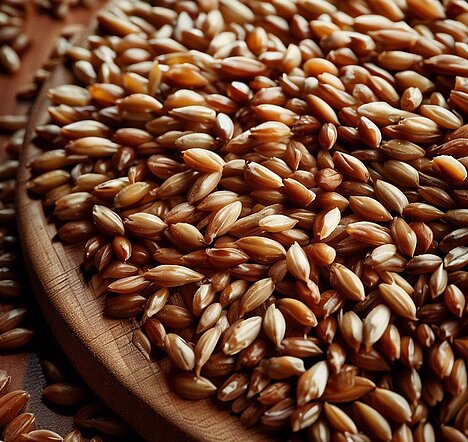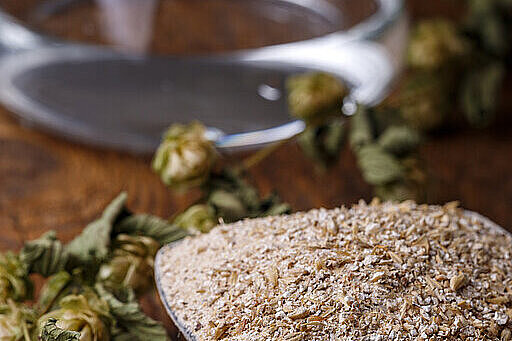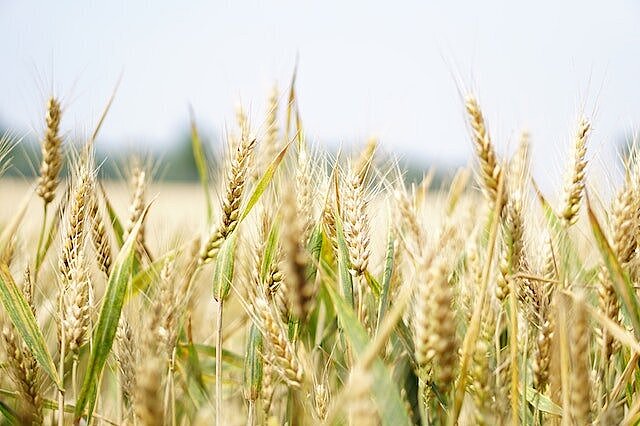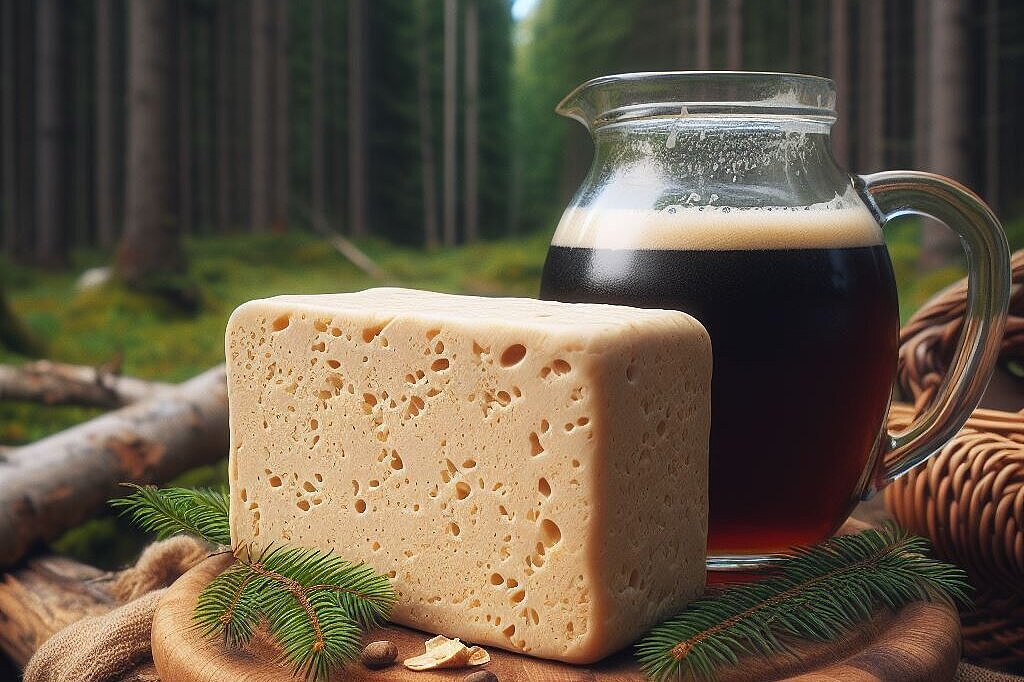Brewer's grains

What is spent grains?
Brewers' grains consist mainly of barley, wheat or other types of grain that are mixed with water and heated during the brewing process. During this process, starch and other ingredients are released from the grain and processed further as wort. The remaining solid part is called spent grains. It still contains a lot of fiber, proteins, minerals and vitamins.
Why is spent grain good for dogs?
Brewer's grains have several positive effects on dogs' health. Firstly, it can aid digestion as it contains a lot of fiber. This stimulates intestinal activity and can prevent constipation or diarrhea. Secondly, it can strengthen the immune system as it is rich in natural B vitamins. These are important for nerve function, metabolism and blood formation. It can also add shine to the coat and alleviate skin problems.
How can spent grains be fed to dogs?
Brewer's grains can be fed fresh or dried. However, fresh spent grains should not be kept in the fridge for more than two days, otherwise they will start to mold. Dried spent grains keep longer and can also be used as an ingredient in homemade dog cookies. You can also buy ready-made products containing spent grains for dogs.
How much spent grains can a dog eat?
Brewer's grains should not be given as a complete food, but only as a supplement to normal dog food. The amount depends on the size and weight of the dog. As a rule of thumb: one teaspoon per kilogram of body weight per day. Too much spent grains can lead to flatulence and obesity.
What are the risks of feeding spent grains?
Brewer's grains are generally safe for dogs in fresh or dried form. However, care should be taken to ensure that the spent grains are not contaminated with hops. Hops are poisonous to dogs and can lead to severe symptoms of poisoning such as fever, cramps or breathing difficulties. The alcohol content of the spent grain should also be checked. Normally it only contains traces of alcohol (less than 0.5 percent), but if it is stored for too long or comes into contact with alcohol-containing spices, it can have a higher alcohol content. Alcohol is also harmful to dogs and can lead to vomiting, diarrhea or unconsciousness. The alcohol content of spent grains can be checked with a special measuring device (refractometer) or by smelling. If spent grains smell strongly of alcohol, they should not be fed to dogs.
Brewer's grains are a nutritious and healthy snack for dogs that has many benefits for digestion, the immune system and the coat. However, it should only be given in moderation and without hops or alcohol. Brewer's grains can be fed fresh or dried or made into delicious dog cookies.
Properties 6
Are you looking for other ingredients with a specific property?
Just click on them to find more.
If you notice any signs of hypersensitivity or poisoning in your dog, you should see your vet immediately. We are not a substitute for a vet, but we try to be as accurate as possible. Every dog reacts differently and we recommend you get a second opinion or consult your vet if in doubt.
Stay healthy and take good care of your four-legged friend!😊
Similar to Brewer's grains
Malt sprouts are the germs of cereal grains that are used to brew beer. The grains are soaked, allowed to germinate and then dried. The sprouts are then separated from the rest of the grain and...
Cereals are the seeds of grasses, which are among the oldest cultivated plants known to mankind. There are many different types of grain, such as wheat, rye, barley, oats and maize. Cereals mainly...
Brewer's yeast is a fungus that is produced during the fermentation of beer. It is skimmed off the surface of the beer after the brewing process and dried. Brewer's yeast is a natural source of many...
Beer malt is not poisonous for dogs, but it is not necessarily healthy either. It always depends on the quantity and quality of the beer malt. In small quantities, beer malt can serve as a treat or...



